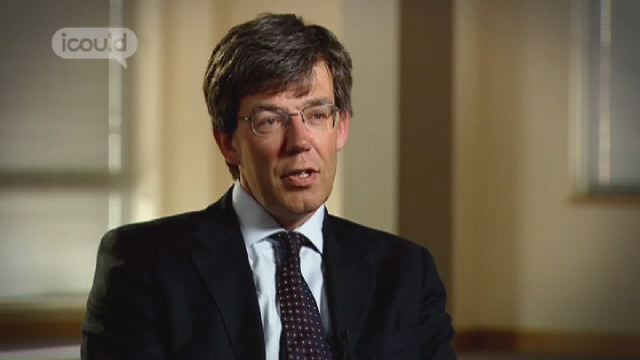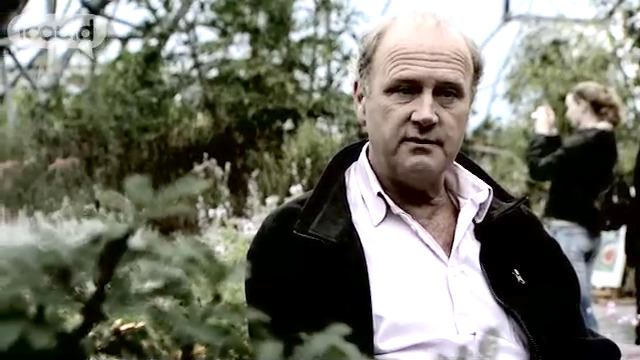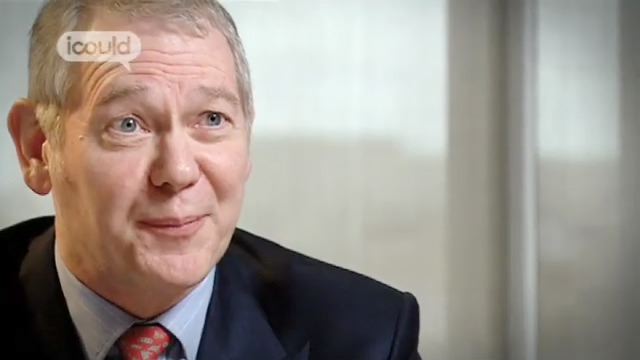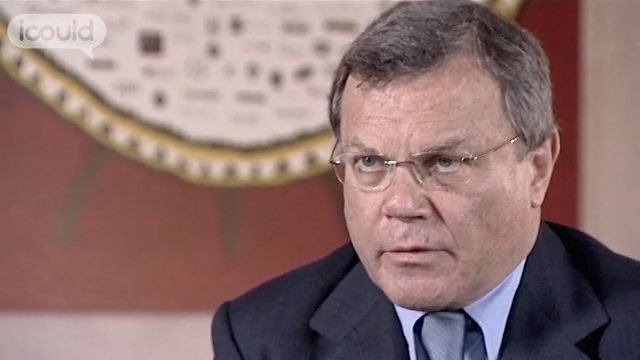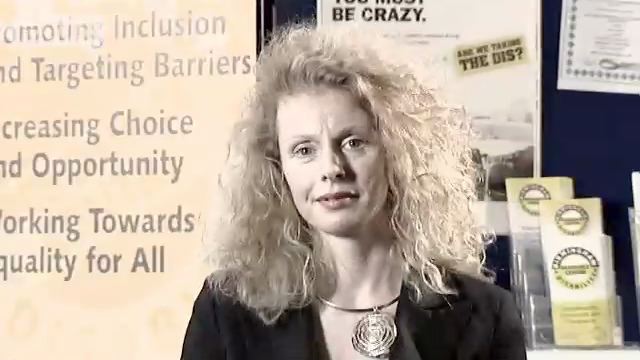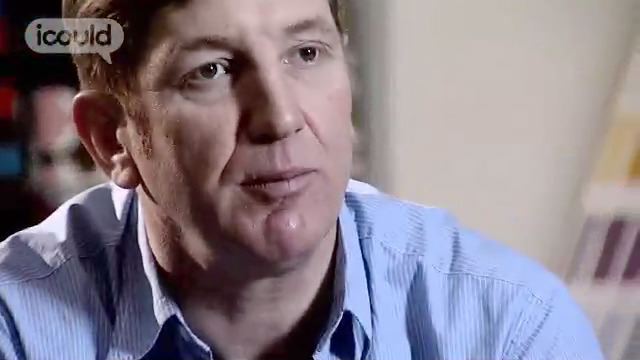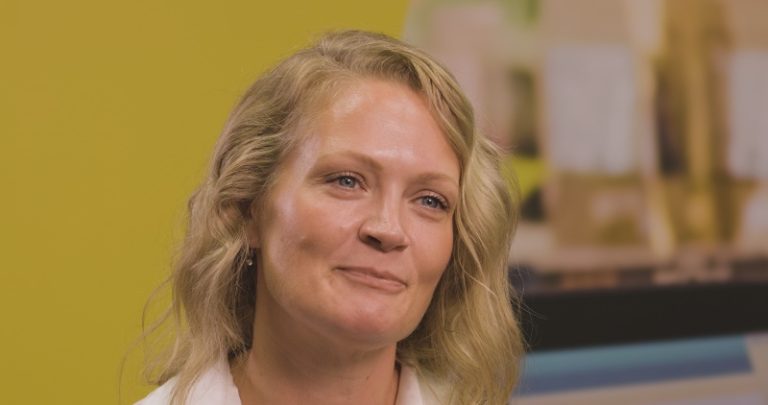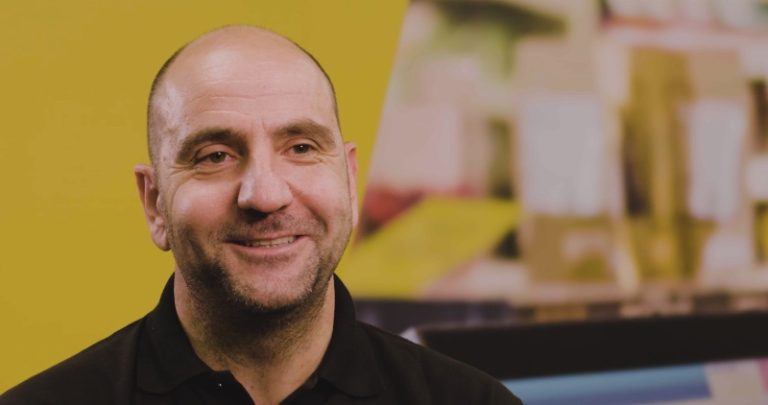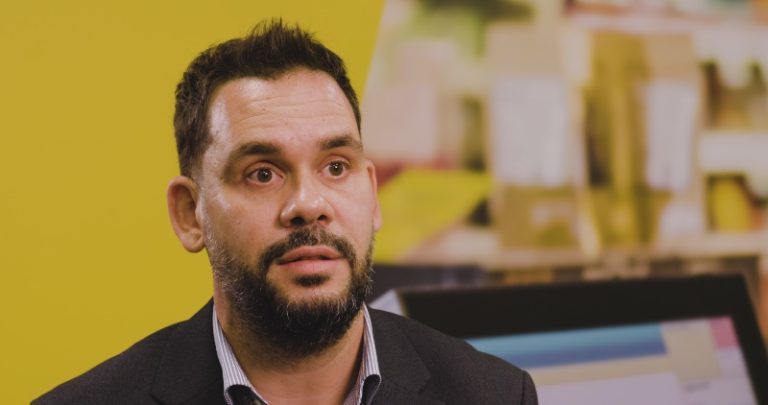Chief Executive
Infrastructure UK
James S
00:02 My name is James S I am the chief executive at Infrastructure UK which is part of the Treasury. Infrastructure UK is responsible for looking at the infrastructure needs of the UK and actually joining up government departments and taking a holistic strategic approach to infrastructure, and previous to this Partnerships UK which was half owned by the government and half by the private sector but solely working with the public sector.
00:32 We work with the department for education to set up Partnerships for Schools which was the delivery body for the whole of the Building Schools for the Future programme.
00:41 I had an unusual career at Harrow because I was pushed up a year so actually arrived and was put up a year and so did my O levels after 2 years and my A levels after 4 years, so I was very, very young when I did my A levels. I actually then chose to stay at Harrow primarily because I actually then had the opportunity to play sport which I loved at the top level in the school because I hadn’t reached the 6th form. So I actually took another 2 A levels and then I went to Oxford and I really had no idea what I was going to do, but ultimately it was my decision which what A levels I took and it was my decision to apply for Oxford and my decision really what other universities to go for.
01:24 My father ran a small family business exporting machine tools especially watch parts, he never went to university, I mean he was, he fought in the war, that was his university, but so I think I probably took my own decisions.
01:37 I was a reasonably good cricketer, I played at Lords cos I was at Harrow and Eton Harrow was at Lords done that 2 years, and I think if anyone had spoken to me they would have said I would have played cricket at Oxford but I took the view that rowing is the biggest sport in Oxford and it seems like something new I then, it turned out that I was reasonably good at it, and so really in the Easter holidays my first year had to make a decision do I carry on with rowing because rowing’s sort of most of the summer is the big time for all the regattas and the competitions and I thought, well I’ve done cricket, I’ve played at Lords, and so I just took a flier, and well it worked out in the end.
02:26 Here is what is called the Putney medal which you only get actually if you win the Boat Race if you lose you don’t get one of these, so, this is something I keep fairly carefully. The consequence was I actually never played cricket at Oxford much to my father’s horror, but, who loves cricket and I have to say, even following the Boat Race was not, was not enough for him really
02:56 I was rowing 6, 7 hours a day, I didn’t have much time to go to job interviews, I made a relatively late decision to go for banking and I kept it very simple and I decided I would only go for banking I actually did chemistry as a degree so connect banking and chemistry and, but chemistry’s a problem solving degree so and I think there’s a lot of problem solving in banking.
03:21 I applied to 10 banks, I got 6 first interviews, I couldn’t turn up to 2 of those, and so I went to 4 first interviews, I got one second interview with Hambros they offered me the job and I took it.
03:35 I got head hunted for the job at Partnerships UK. What Partnerships UK was going to do really interested me which is all about improving public services, improving schools improving health, improving you know building new roads and that I thought was a bit more tangible and worthwhile than what I had done before which was advise companies and move money around and all the rest of it.
04:06
James S is the Chief Executive at Infrastructure UK. He was an avid cricketer at school, but took up rowing at Oxford and won the famous Cambridge – Oxford boat race.
